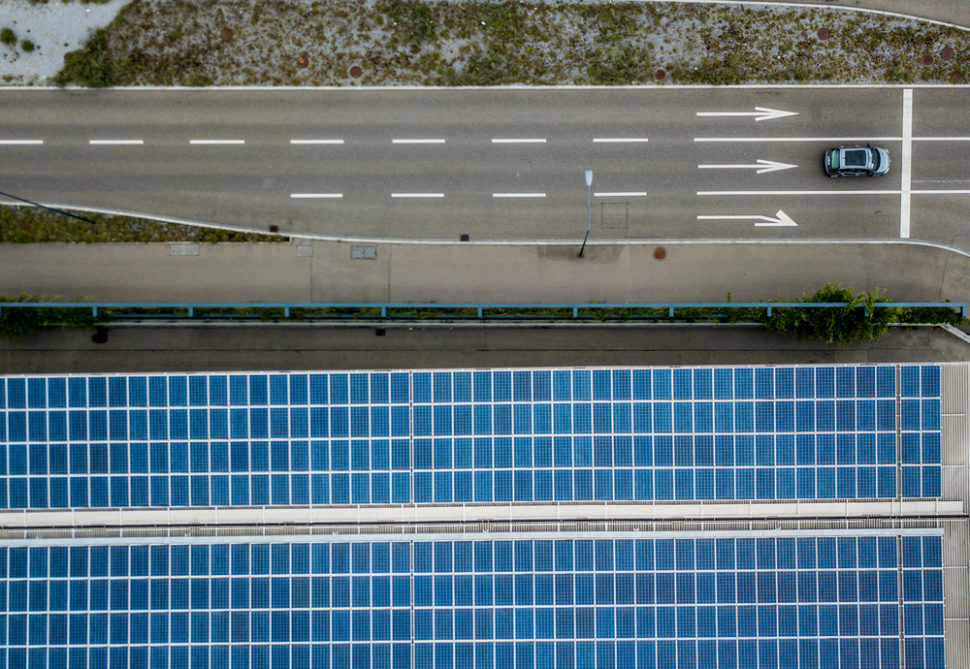A solar panel-paved roadway, or solar road, that could serve like any conventional road plus the generation of clean solar power is an exciting wild idea.
The French government believed in this idea and went on to invest millions of Euros in a pilot project to prove the viability of the concept.
It’s been about three years since the world’s first solar road has been opened to car traffic, and apparently, it failed to live up to expectations.
Take Me Home, Solar Road!
In December 2016, the French Minister of the Environment Ségolène Royal inaugurated one of France’s most significant ecocentric projects, the solar road called Wattway, in Tourouvre-au-Perche (Orne, Normandy).
To build this 0.6-mile (1 kilometer) stretch of solar-powered roadway and test out the concept, the French government spent 5 million Euros ($5.5 million USD) on 2,800 square meters of photovoltaic panels (30,000 square feet).
The small rural road was a pilot project that would evaluate the feasibility of a much bigger and audacious project. France was planning to build a 1,000-kilometer network of solar roads paved with solar panels that could generate enough daily power for up to 5 million households.
However, recent reports claim that the project has been a total failure from both financial and technical points of view.
Says the newspaper Le Monde:
“Sawed-off at the end of May by a hundred meters too damaged to be repaired, the road is now pale with its ragged joints, its solar panels peeling off the road and the many splinters that cover the resin protecting the photovoltaic cells.”
The first solar road was neither energy-efficient nor economically viable. Engineers and government officials expected the road to generate about 790 kilowatt-hours a day but was far from being the case.
After only one year of operation, the road started to show its limitations as it produced lesser power than expected and the high noise led to speed being lowered to 70 kmh (43 mph).
Is it the End of Wattway?
From December 2016 to March 2019, the Wattway generated 229 MWh of electricity, which is about a third of the projected output of 642 MWh. This performance hurt the project’s bottom line. Instead of recovering 22,000 Euros, only 8,000 were recovered by selling electricity to EDF, a power utility company primarily owned by the state.
Undoubtedly, the developers of the pilot project didn’t take into account the many tractors that would roll on the road in this rural region, and that tree leaves will accumulate on the road, leading to the fouling of the panels.
The photovoltaic panels were subjected to rapid wear, and the whole road has deteriorated beyond repair. The government decided that Wattway should be deconstructed by the end of 2019.
Proving to be inefficient and too expensive, the solar road system was deemed not good enough for long-distance traffic. Not the version best for commercialization, Wattway’s managing director told Le Monde.
It looks like this is the end of France’s solar road.
Solar panels are most efficient when they face the Sun with an uninterrupted flow of sunlight. However, adding the road function could affect its efficiency, as what happened with France’s solar road system.
Other solar road projects around the world suffer from other problems. China’s solar road, less than a week after it opened in December last year, was missing a long piece that was stolen, maybe for the technology as some resources suggest.
But, why not invest in potentially more profitable systems like solar roofs?



















Comments (0)
Most Recent